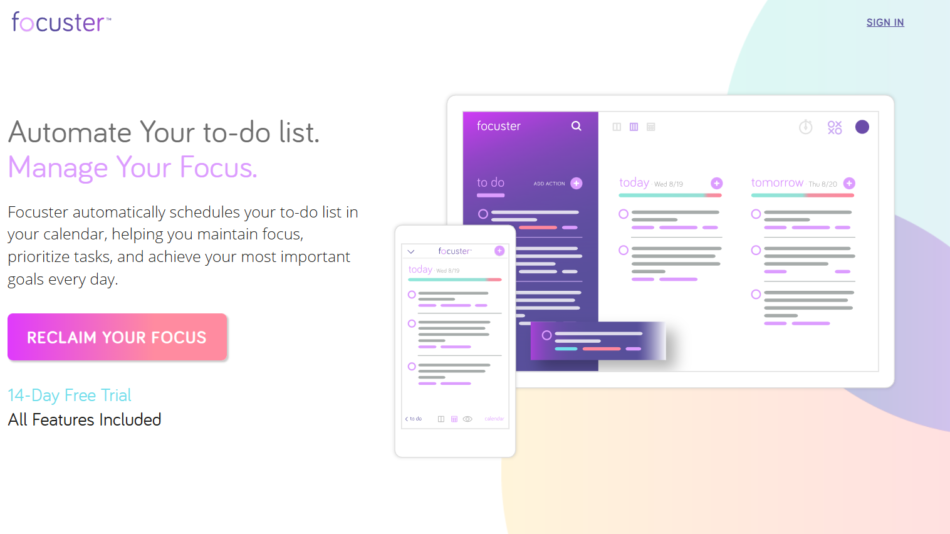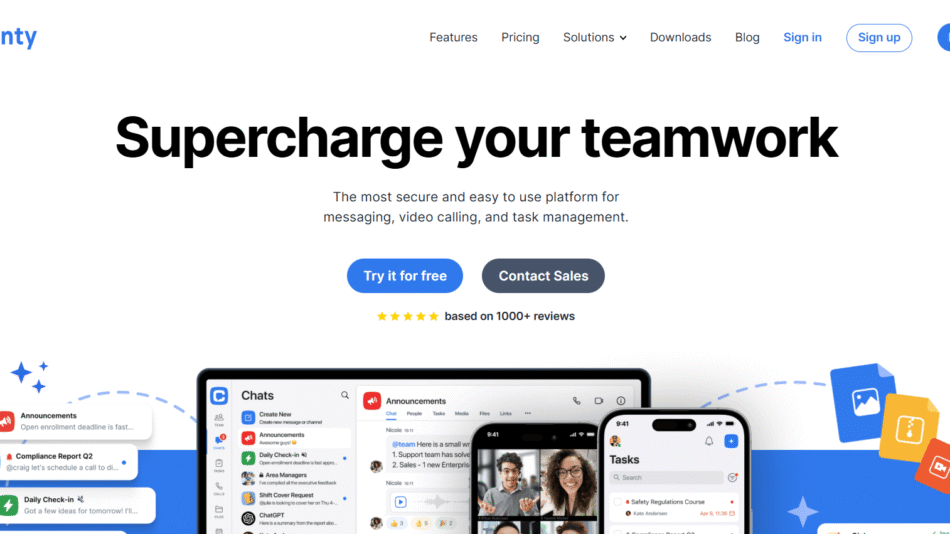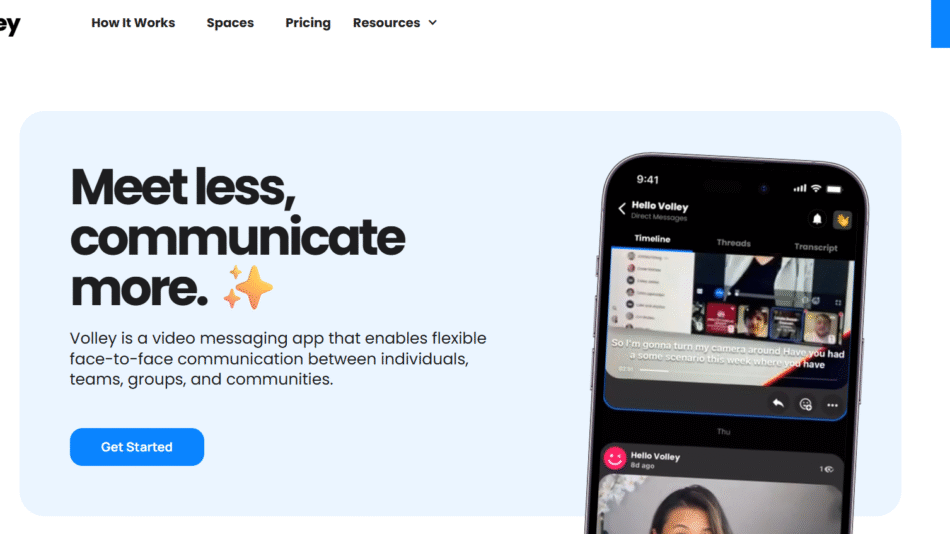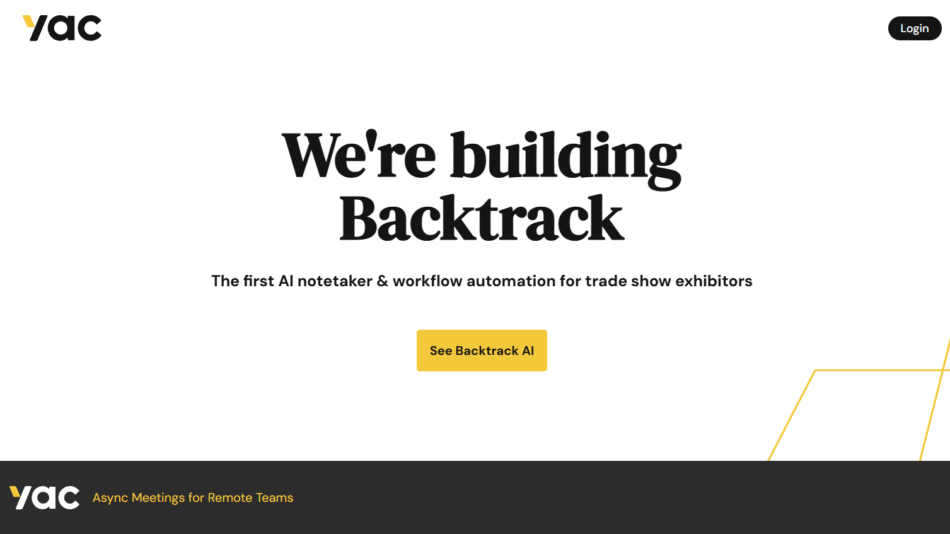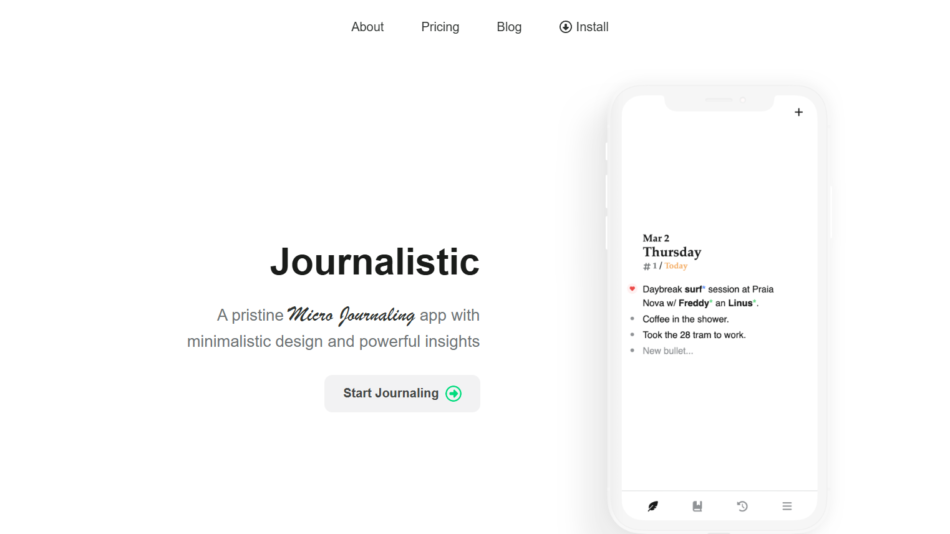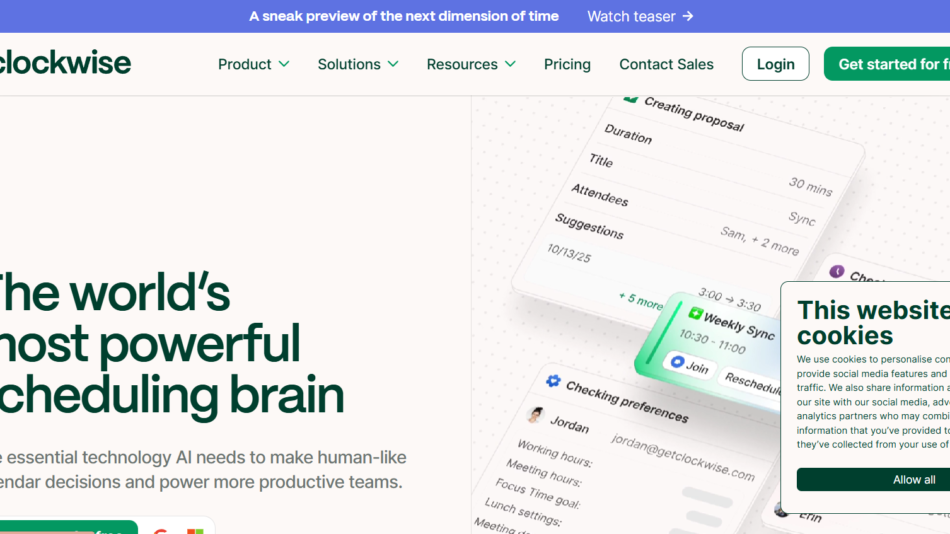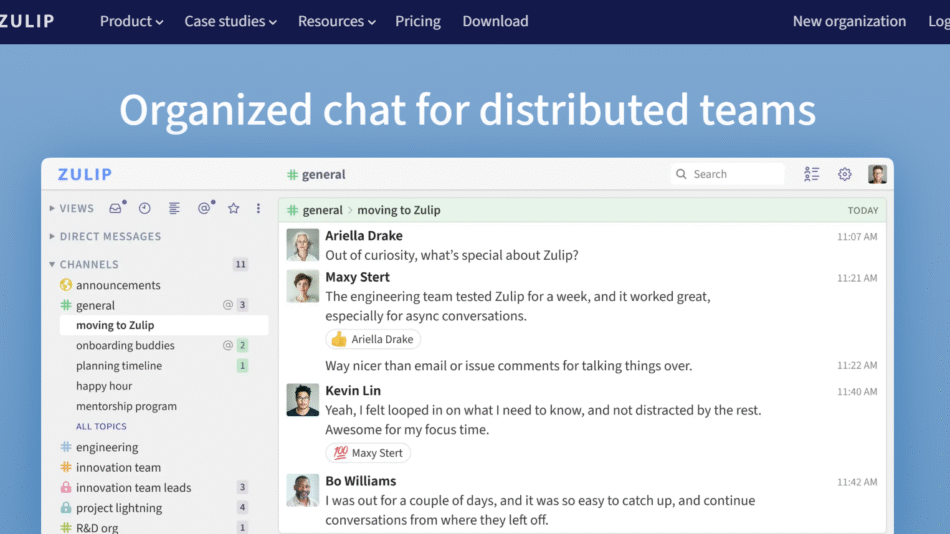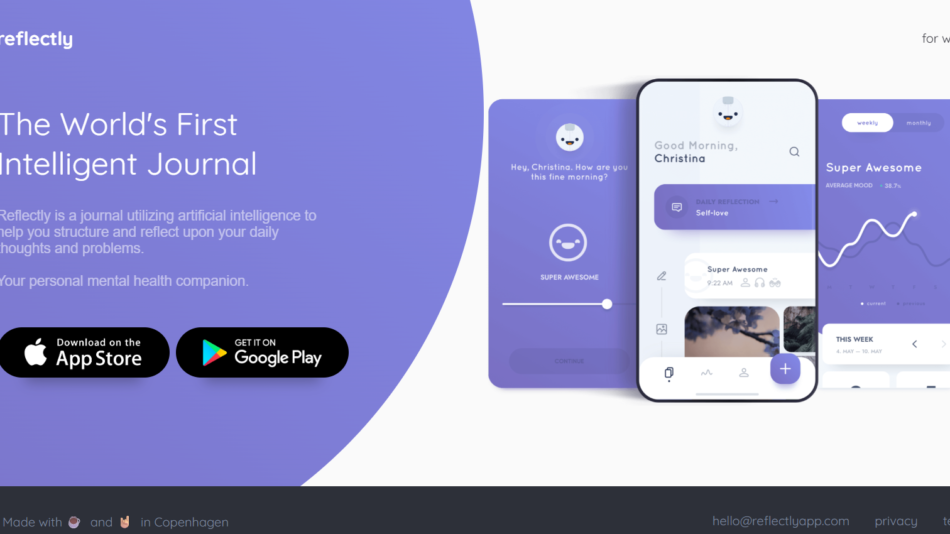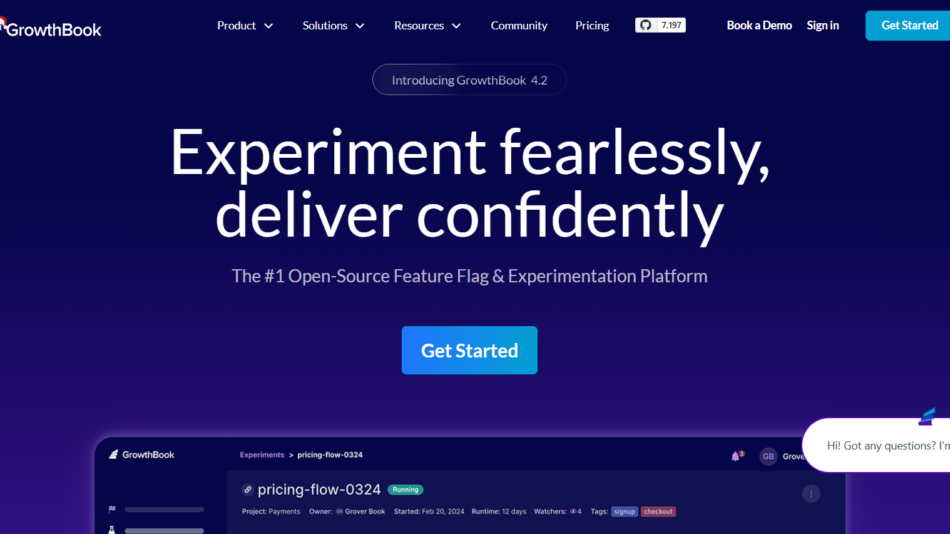LambdaTest is a cloud-based digital experience testing platform that enables teams to perform automated and manual cross-browser testing across thousands of desktop and mobile environments. Designed for developers, testers, and QA teams, LambdaTest helps ensure applications function correctly across browsers, devices, and operating systems.
With support for both manual and automated testing, LambdaTest accelerates release cycles by enabling parallel testing, real-time debugging, and seamless CI/CD integration. The platform also incorporates artificial intelligence to improve test coverage and reliability through smart test orchestration and visual regression testing.
LambdaTest is trusted by over two million users across more than 130 countries and supports integration with popular tools such as Selenium, Appium, Playwright, Cypress, and TestNG.
Features
LambdaTest offers a comprehensive suite of features designed to improve the efficiency and accuracy of testing web and mobile applications.
Its real browser cloud allows users to perform live interactive testing on over 3000 browser and operating system combinations. This helps identify rendering issues, compatibility bugs, and responsive design problems early in the development process.
LambdaTest supports Selenium and Cypress automation testing at scale. With parallel execution capabilities, users can run multiple tests simultaneously, significantly reducing the time needed for regression testing.
Visual regression testing helps teams detect unexpected UI changes. LambdaTest captures screenshots from different test runs and compares them pixel by pixel to highlight visual discrepancies.
AI-powered test orchestration optimizes test suite execution by intelligently selecting and prioritizing test cases based on previous runs, risk factors, and code changes. This feature increases test efficiency and helps catch critical bugs faster.
The SmartUI feature lets teams automate visual testing using AI to detect layout shifts, font changes, and broken components across browsers and screen sizes.
Mobile app testing is supported through real device cloud access. Users can test Android and iOS apps on a wide range of real devices hosted in secure data centers.
The platform also includes advanced debugging tools such as network logs, video recordings, screenshots, and console logs to help quickly identify and fix issues.
LambdaTest integrates with popular CI/CD tools like Jenkins, GitHub Actions, GitLab, CircleCI, Azure DevOps, and Bitbucket, enabling continuous testing workflows.
How It Works
LambdaTest operates as a scalable cloud-based testing infrastructure that plugs directly into your development and QA pipeline.
Users start by selecting the type of testing they need—manual, automated, visual regression, or mobile testing. For manual testing, they launch a virtual machine running the desired browser/OS combination and interact with the app in real time.
For automated testing, users can upload their Selenium or Cypress scripts and execute them across different environments in parallel. LambdaTest’s infrastructure spins up the required browsers and OS instances on demand, executes the tests, and returns detailed logs and reports.
With SmartUI and visual regression tools, users can define baseline images and run tests that detect even minor visual inconsistencies.
Test results are displayed on a unified dashboard, which includes metrics such as pass/fail status, error logs, execution time, and visual differences. From there, teams can assign issues, rerun failed tests, or generate reports.
All test environments are hosted on secure servers with enterprise-grade compliance standards, including GDPR, SOC2, and ISO 27001.
Use Cases
LambdaTest supports a wide range of use cases across industries and application types.
Web developers use LambdaTest to verify how their websites render across multiple browsers and screen sizes. This ensures a consistent experience for all users, regardless of the device they are using.
QA engineers rely on LambdaTest to automate regression tests for web applications. Running these tests in parallel across different environments saves time and helps maintain software quality during rapid release cycles.
Mobile app developers use LambdaTest to test their applications on real Android and iOS devices without needing to maintain a physical device lab.
E-commerce businesses use the platform to test checkout flows, payment integrations, and user journeys to minimize bugs that could impact revenue.
Design and UI/UX teams benefit from LambdaTest’s visual regression testing, which ensures that styling changes do not accidentally break layouts or cause cross-browser inconsistencies.
Teams practicing DevOps and continuous integration use LambdaTest to integrate testing into their CI/CD pipelines, enabling faster deployments and greater agility.
Pricing
LambdaTest offers several pricing tiers to meet the needs of individual developers, startups, and enterprise organizations. Pricing as of July 2025 is listed on the official pricing page.
The Free Plan includes limited access to live testing and basic test automation features. This plan is best suited for individual users or initial evaluation.
The Live Plan starts at $19 per month and includes access to manual testing on real browsers and devices, along with features like screenshots and responsive testing.
The Real Device Plan begins at $25 per month and provides access to real mobile device testing.
The Web & Mobile Browser Automation Plan starts at $99 per month. It supports Selenium and Cypress automation across multiple browsers, parallel testing, and integrations.
For large teams and enterprises, LambdaTest offers customized Enterprise Plans with features like advanced test orchestration, dedicated account support, unlimited testing hours, and custom SLAs.
A 14-day free trial is available for most paid plans.
Strengths
LambdaTest is one of the most comprehensive cloud testing platforms available, offering both breadth and depth of functionality. Its ability to run tests across thousands of browser and OS combinations eliminates the need for in-house testing infrastructure.
Its support for modern test automation frameworks like Selenium, Cypress, and Playwright ensures compatibility with existing test suites and workflows.
Parallel testing significantly reduces test execution time, while AI-powered orchestration and visual regression add an intelligent layer of quality control.
The platform’s scalability and integrations with CI/CD tools make it a natural fit for teams practicing agile development and DevOps.
Its real device cloud is a major asset for mobile app developers, allowing accurate testing on real-world hardware without physical devices.
LambdaTest’s intuitive UI, detailed documentation, and strong customer support make onboarding and adoption straightforward.
Drawbacks
While LambdaTest provides extensive features, it may be overkill for teams with very simple testing needs or those who only support one browser.
The most advanced features, such as SmartUI and real device testing, are only available in higher-tier plans, which might be cost-prohibitive for small teams or solo developers.
Initial setup of automation testing can require configuration time, particularly when integrating with CI/CD pipelines.
Real-time performance for interactive manual testing may be affected depending on internet speed or server location, although latency is generally well-optimized.
Some users may experience a learning curve when adopting parallel test execution and test orchestration features, especially if new to test automation.
Comparison with Other Tools
Compared to local testing tools and browser emulators, LambdaTest offers far more accurate and scalable testing through its cloud infrastructure.
When compared with competitors like BrowserStack and Sauce Labs, LambdaTest is often more cost-effective, especially in its mid-tier plans, while still providing robust automation and real device access.
Open-source testing frameworks like Selenium and Cypress require users to maintain their own infrastructure, while LambdaTest eliminates that need by offering cloud-based execution and easier scalability.
Unlike traditional automation tools that focus solely on scripting, LambdaTest provides visual regression testing, AI test orchestration, and a broader integration ecosystem.
Customer Reviews and Testimonials
LambdaTest has received positive feedback from a wide range of users, including developers, QA teams, and DevOps professionals.
Customers appreciate the reliability and breadth of browser/OS combinations, as well as the ease of integration with existing testing tools.
Many users highlight how LambdaTest has helped reduce deployment times and increase test coverage without requiring additional infrastructure or maintenance.
Testimonials on platforms like G2, Capterra, and Trustpilot praise the platform’s responsive support, user-friendly interface, and overall value for money.
Enterprise customers report strong experiences with LambdaTest’s account management and support teams, particularly for onboarding and scaling automation efforts.
Conclusion
LambdaTest is a powerful, cloud-based platform that helps development and QA teams test web and mobile applications across a wide range of environments. With manual and automated testing capabilities, real device access, and AI-powered optimization features, it enables faster, smarter, and more reliable software releases.
Whether you’re a solo developer looking to test a website across browsers or an enterprise seeking scalable automation, LambdaTest offers the flexibility and performance to support your testing strategy. Its continuous updates, strong integration support, and global infrastructure make it a solid choice for any team aiming to deliver seamless digital experiences.

